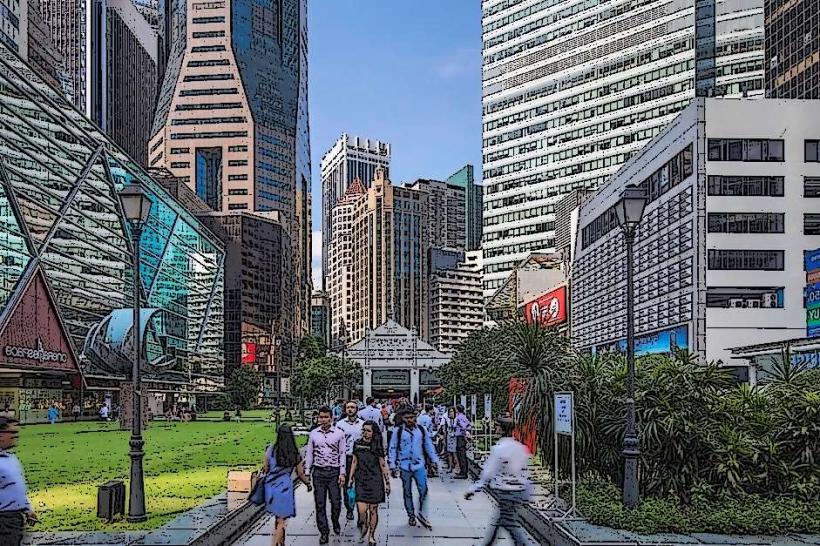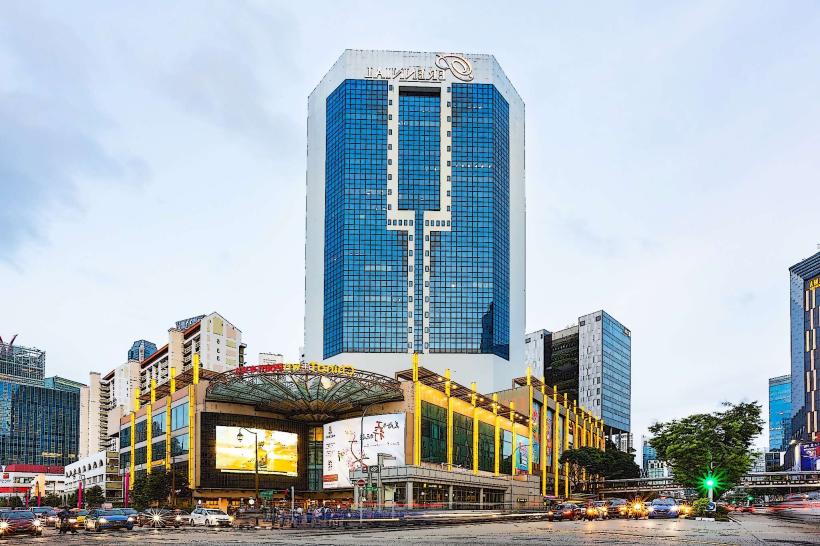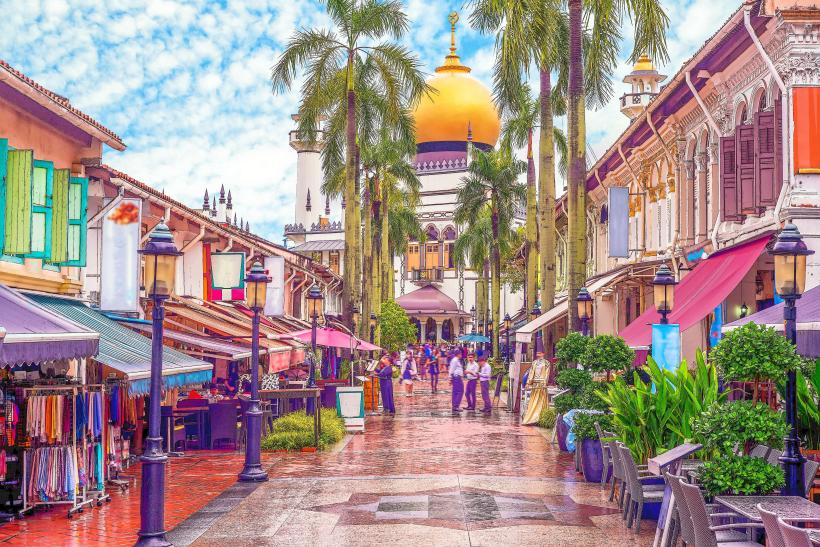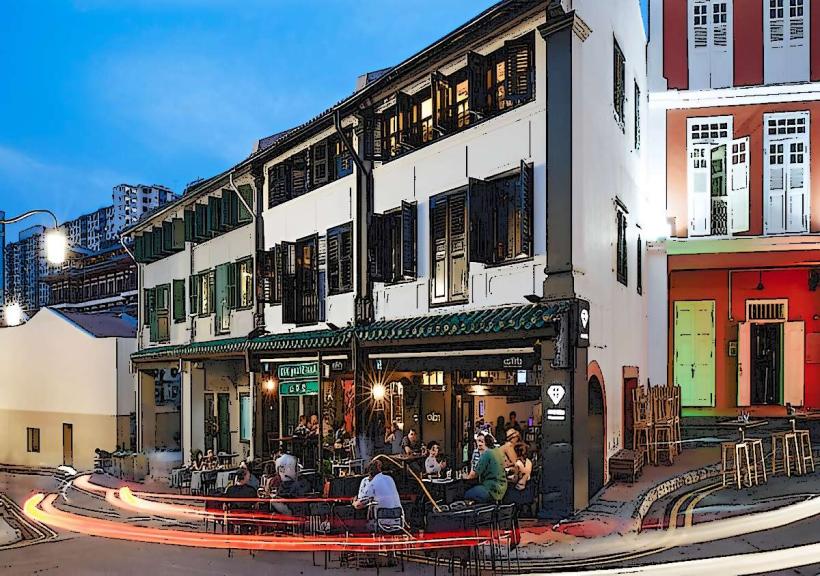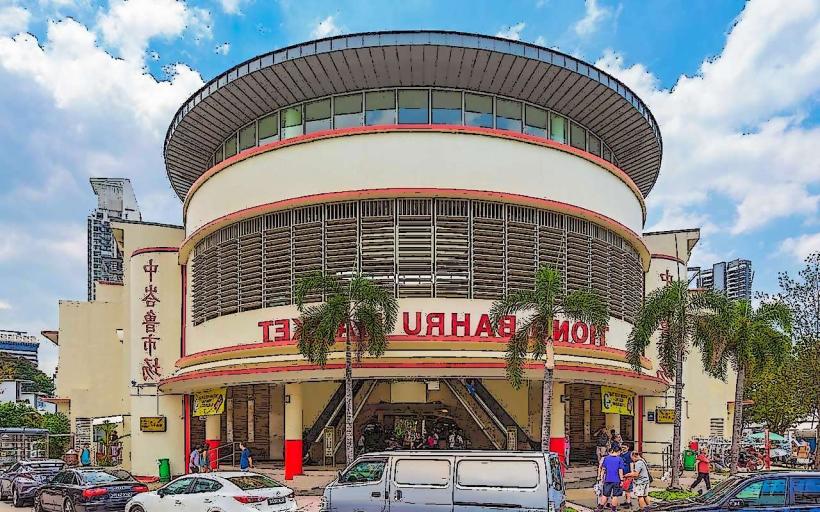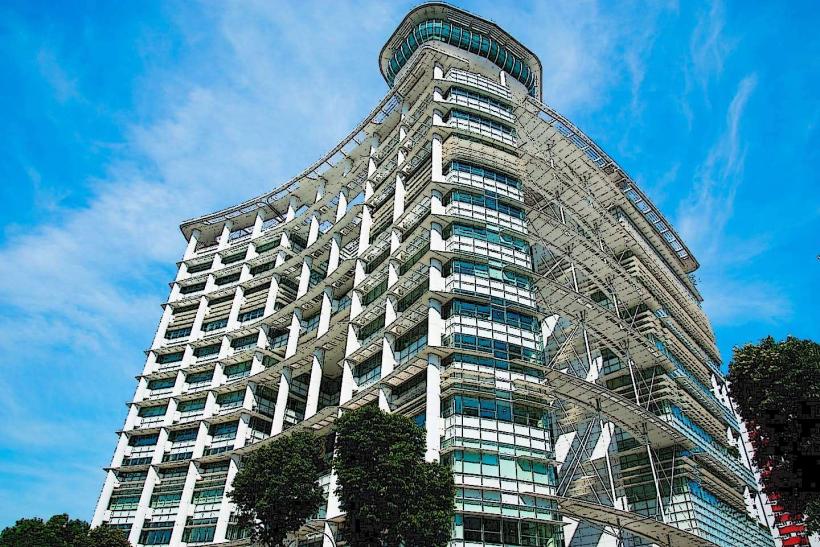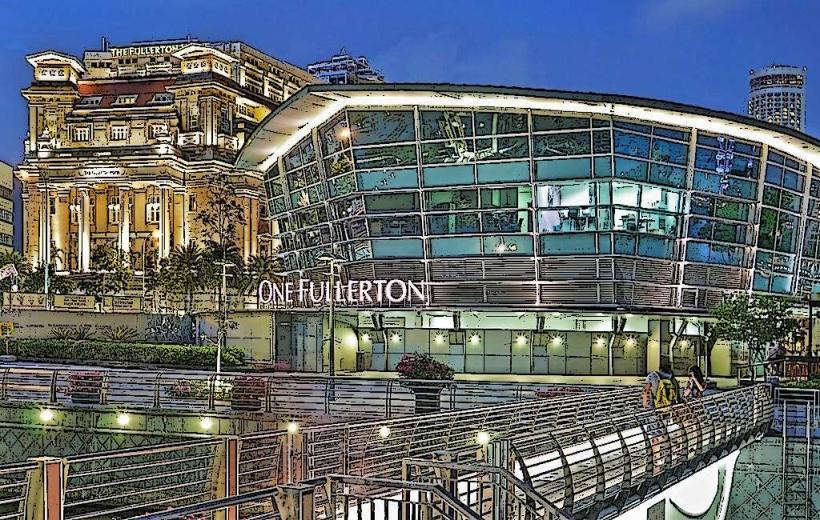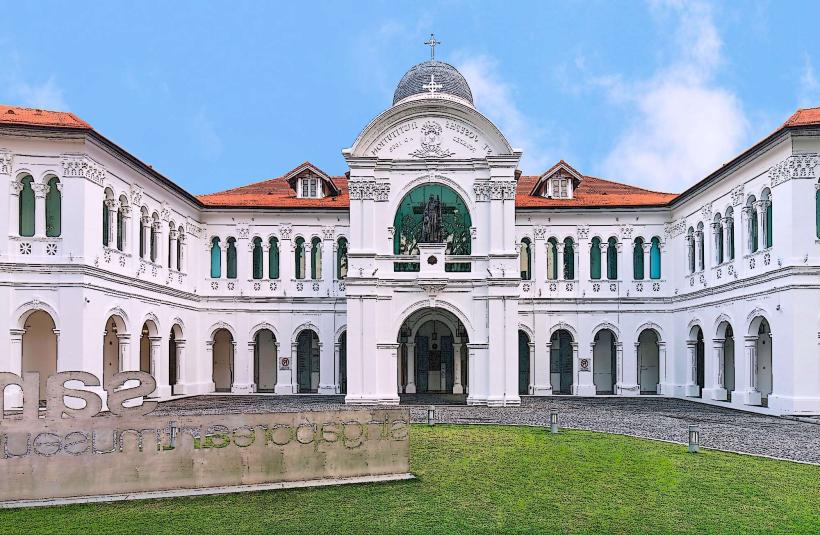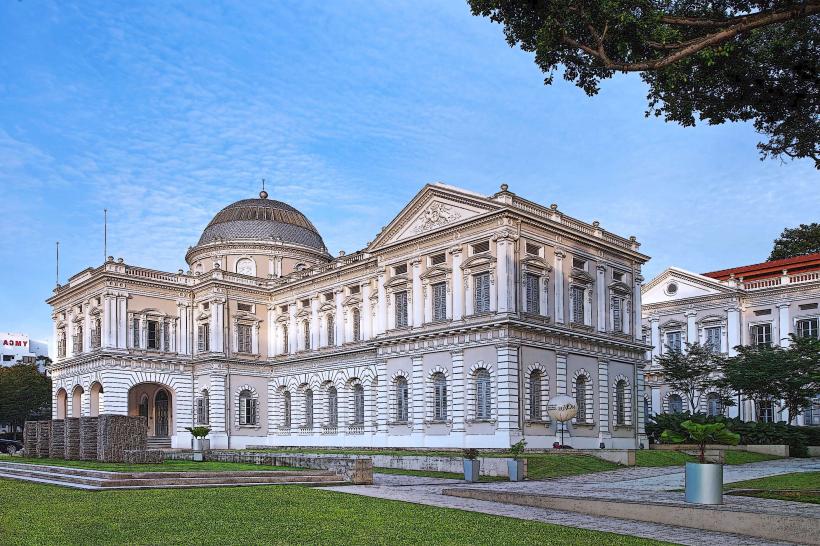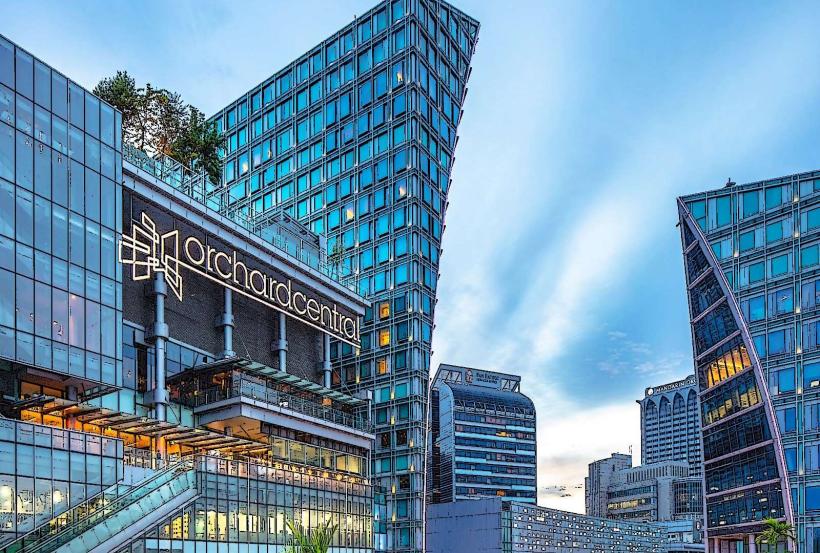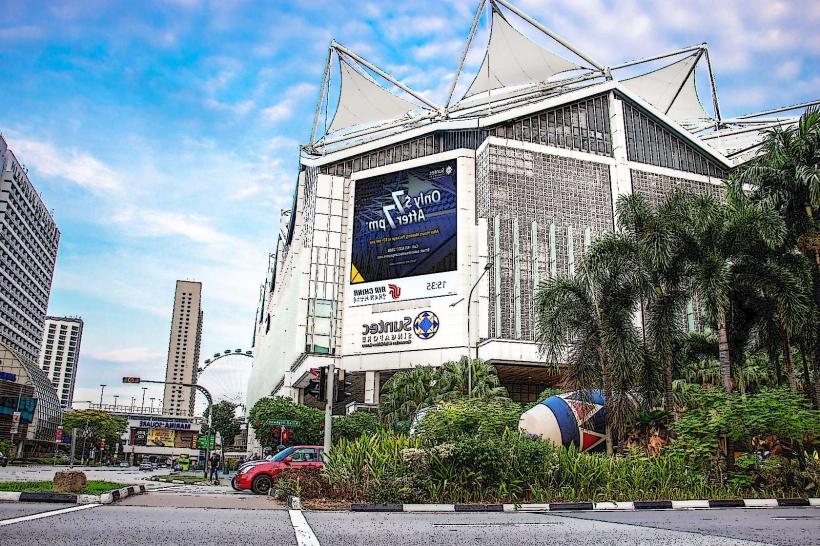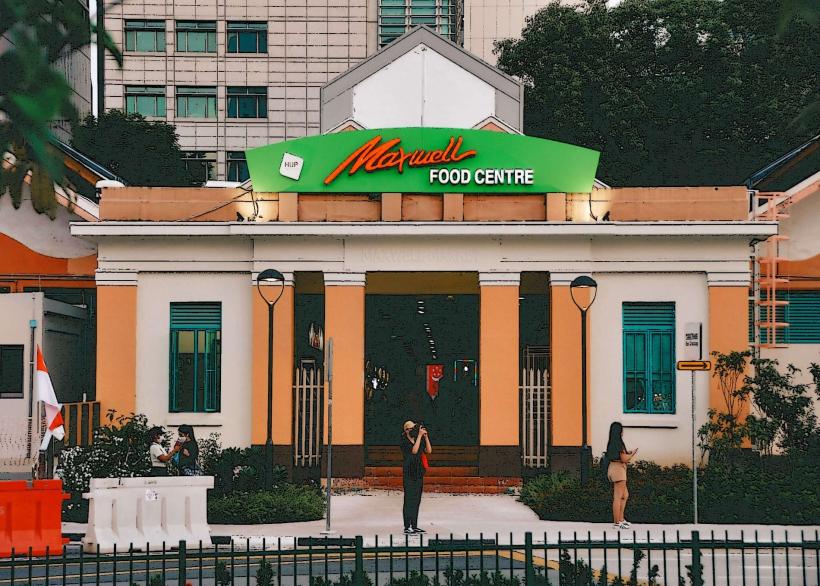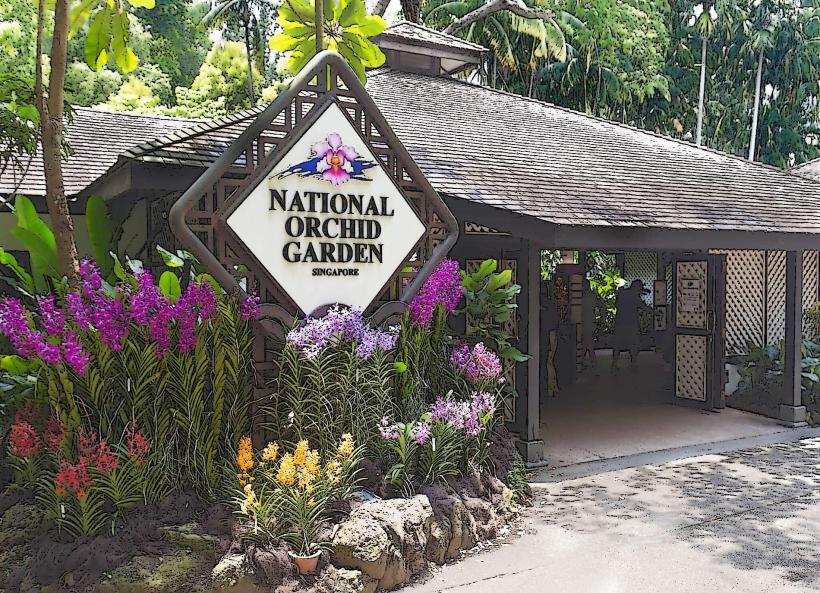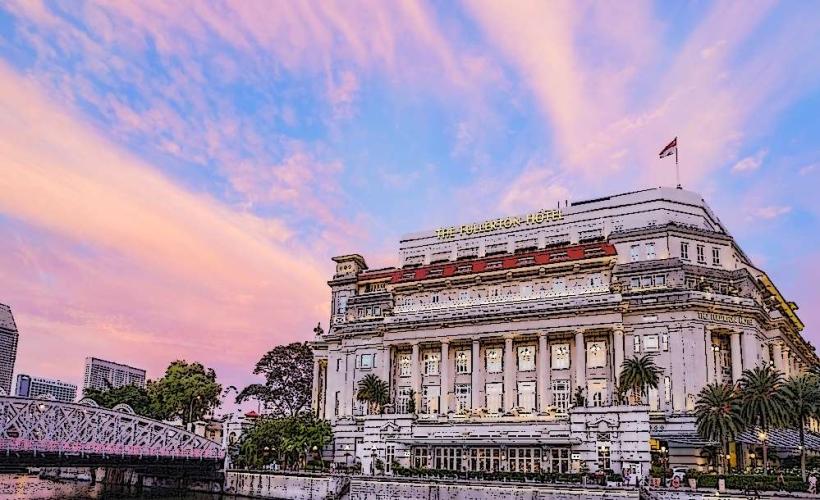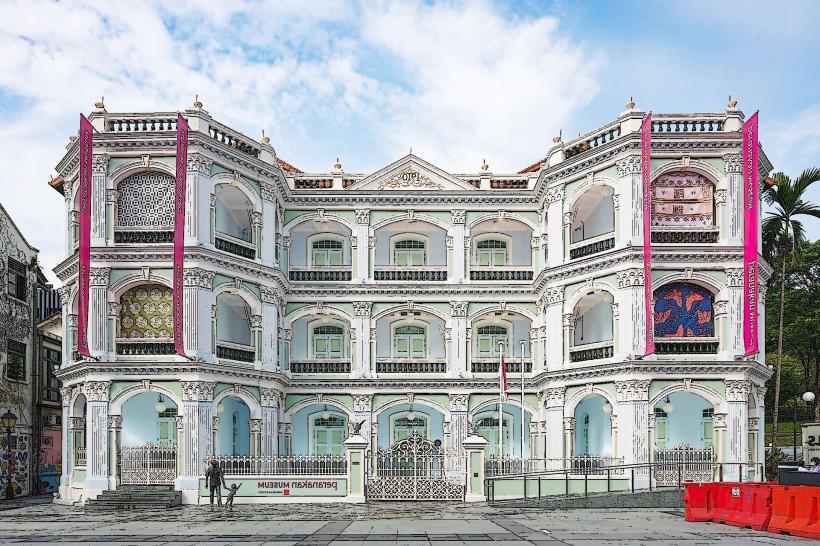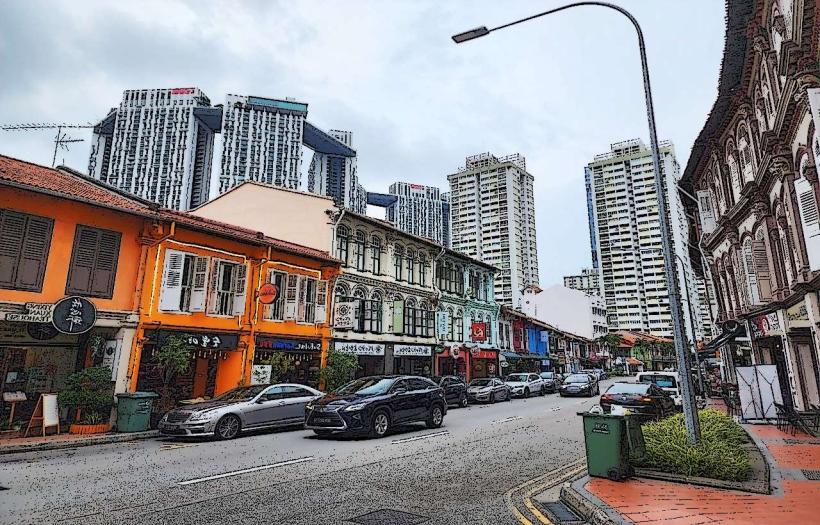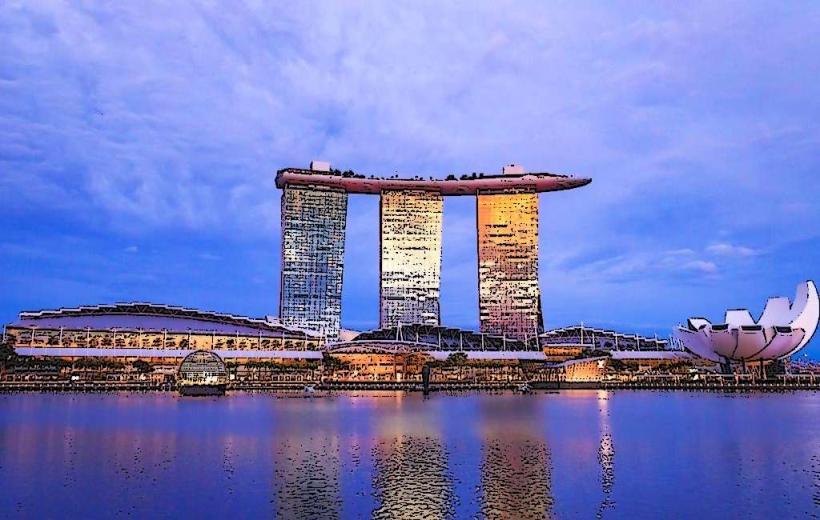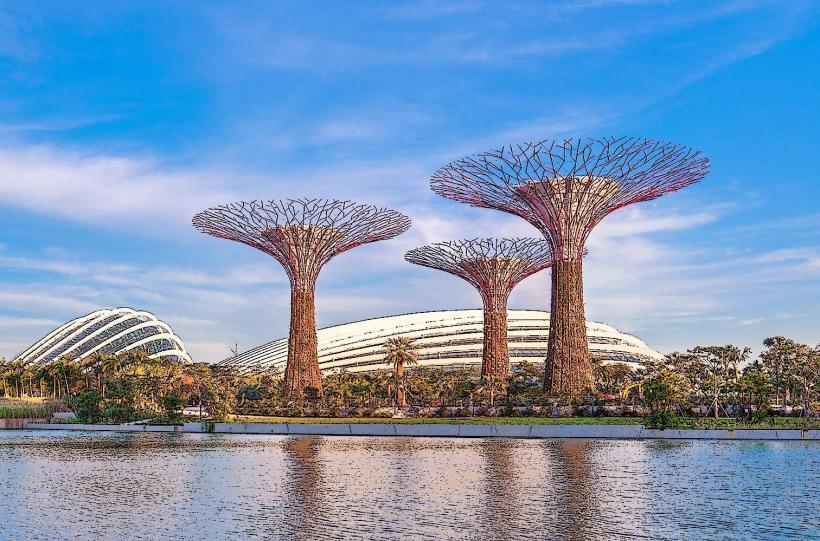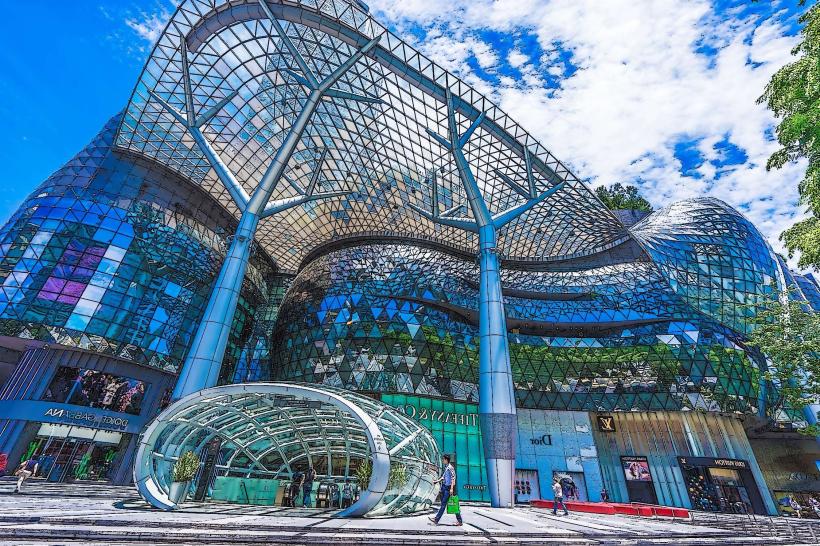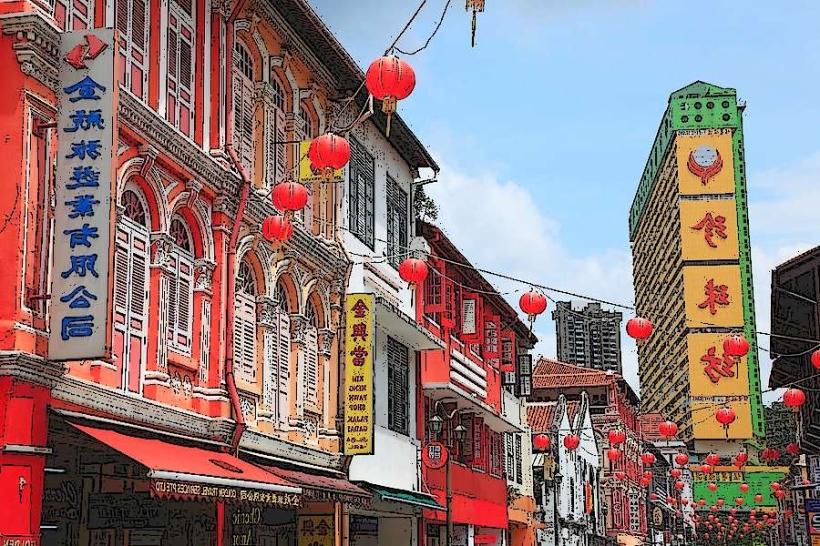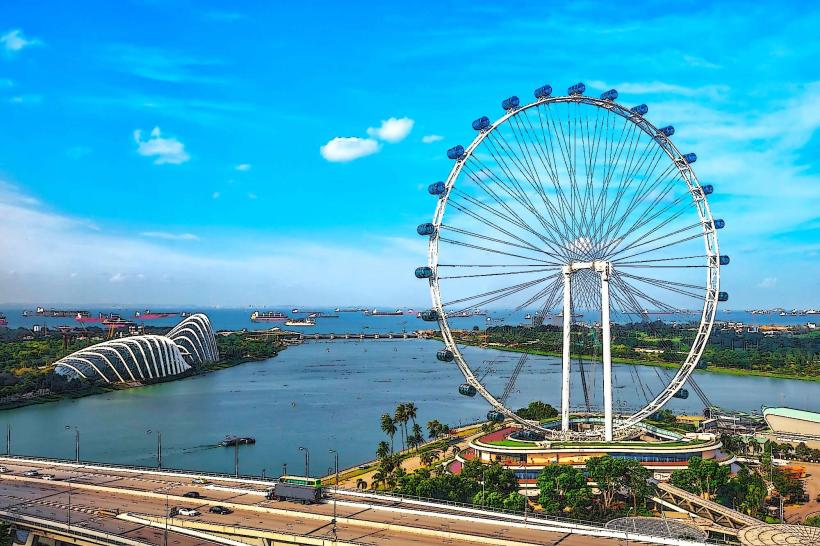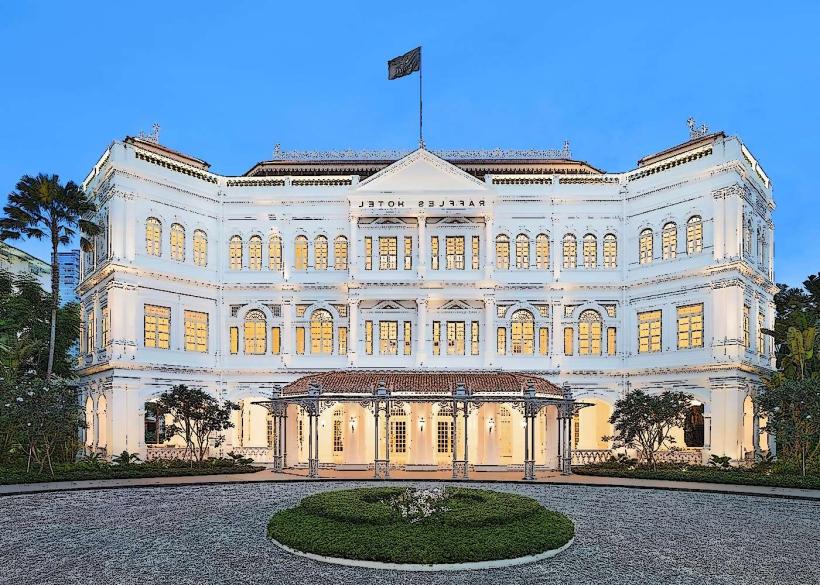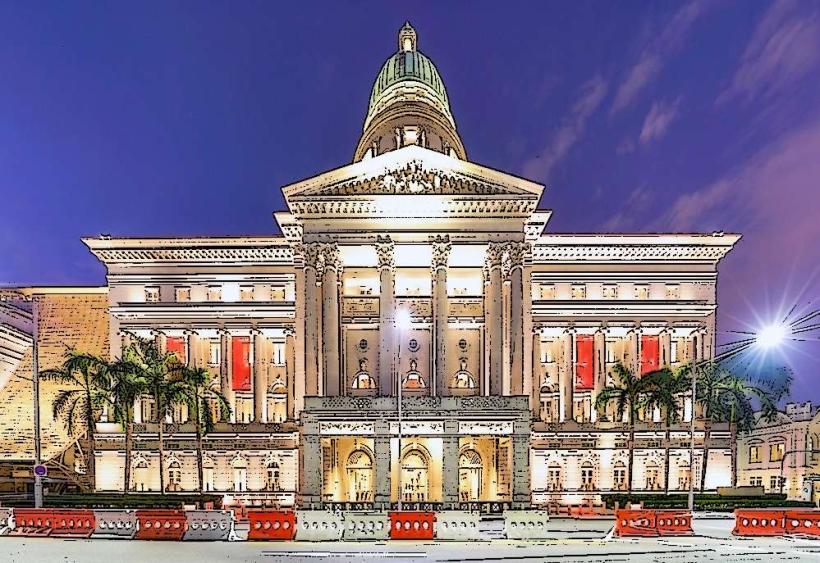Information
Landmark: MerlionCity: Central Region
Country: Singapore
Continent: Asia
Merlion, Central Region, Singapore, Asia
The Merlion is a mythical creature statue located in the Central Region of Singapore. It is a prominent symbol of the city-state.
Visual Characteristics
The statue depicts a creature with the head of a lion and the body of a fish. It stands 8.6 meters tall and is constructed from cement. The statue is positioned to spout water from its mouth into the Marina Bay.
Location & Access Logistics
The Merlion is situated at Merlion Park, One Fullerton, Singapore 049213. It is approximately 0.5km South of the central business district. Access is via the Esplanade Drive. Parking is available at the One Fullerton car park. The nearest MRT station is Raffles Place (EW14/NS26), approximately a 5-minute walk away. Bus services 10, 57, 70, 75, 100, 107, 128, 130, 131, 133, 162, 167, 196, 197, 960, 961, 963, 966, 970, and 971 stop near the park.
Historical & Ecological Origin
The Merlion statue was designed by Fraser Brown and built by the Singapore Tourism Board in 1972. It was conceived as a symbol for Singapore's tourism industry, combining the country's original name, Singapura (meaning "lion city"), with its historical identity as a fishing village.
Key Highlights & Activities
Visitors can take photographs with the Merlion statue. The statue spouts water, creating a visual spectacle. Viewing platforms offer perspectives of the statue and the surrounding bay.
Infrastructure & Amenities
Restrooms are available at One Fullerton. Shade is limited around the immediate statue area. Cell phone signal (4G/5G) is generally strong. Food and beverage options are available within the One Fullerton complex and along the waterfront.
Best Time to Visit
For photography, early morning (sunrise) or late afternoon (sunset) provides optimal lighting conditions. The area is accessible year-round. There are no tide-dependent activities related to the Merlion itself.
Facts & Legends
The Merlion's design is rooted in a legend from the 14th century when a Sumatran prince, Sang Nila Utama, saw a creature he believed to be a lion upon landing on the island, leading him to name it Singapura.
Nearby Landmarks
- Esplanade - Theatres on the Bay (0.3km Northeast)
- Marina Bay Sands (1.2km East)
- Gardens by the Bay (1.8km Southeast)
- Asian Civilisations Museum (0.4km Northwest)
- Victoria Theatre and Concert Hall (0.5km Northwest)


